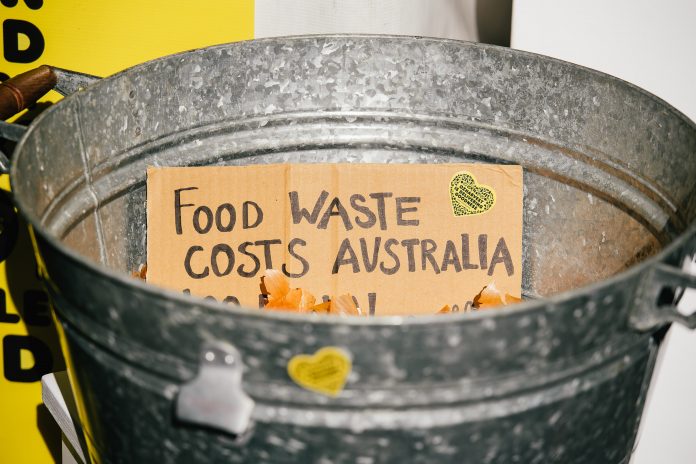With food waste said to cost to the Australian economy $36.6 billion a year, it is crucial to reassess how both businesses and consumers can significantly reduce food waste.
Edge Environment, as part of a Consortium recently led the delivery of the National Food Waste Strategy Feasibility Study, which outlines a pathway for Australia to halve its food waste by 2030.
Max Van Biene, Head of Sustainability Strategy at Edge Environment says meeting the 2030 target will require unprecedented action and collaboration by government, industry and the community.
“This is absolutely a problem that can be solved, and in doing so we can save money, create more collaborative industry and a significantly reduce hunger amongst vulnerable communities. It is win-win all round,” he says.
“Unlike some other environmental challenges, the business case for halving our food waste is crystal clear. Every $1 Australia spends on halving food waste will deliver a minimum of $7 back into the economy through avoided losses and societal benefits.”
Hear from key industry figures
This Thursday, The Hon Trevor Evans MP, Assistant Minister for Waste Reduction and Environmental Management, will launch the National Food Waste Strategy Feasibility Study.
The launch event will be held over Zoom and provides an opportunity for businesses and industry bodies to learn how everyone in the food supply chain can contribute to recovering food and reducing waste.
Mr Biene will present key findings from the study, which will be followed by a panel providing research, state government and retail perspectives.
The event will be hosted by Food and Agribusiness Growth Centre, trading as FIAL.
The free 90 minute webinar will be held 12:30pm (AEST) on 2 September. Limited spots are available. Registrations close 5pm Tuesday 31 August. Visit https://www.fial.com.au/building-capability/feasibility-study-launch for further details.




